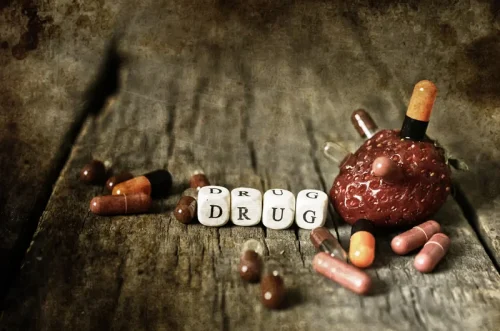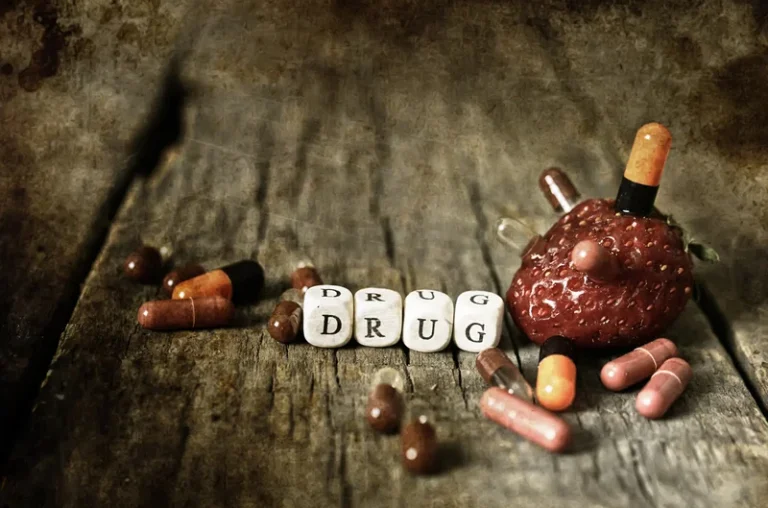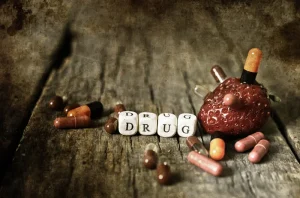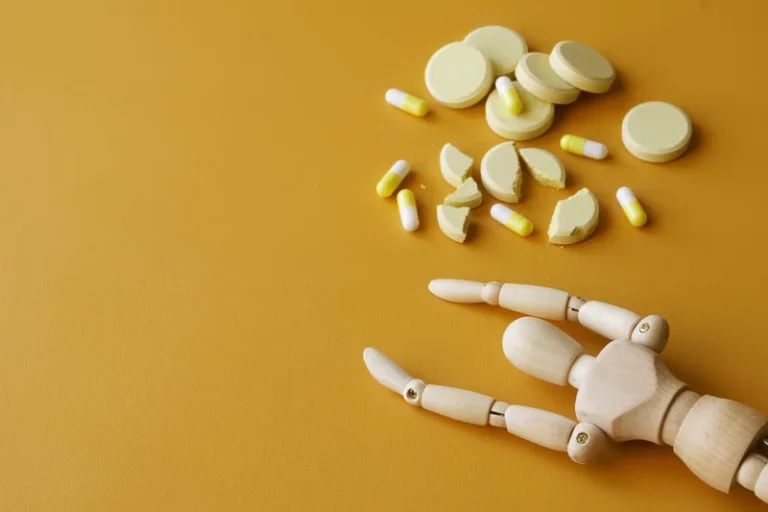
If you’re concerned about your alcohol intake, one doctor has revealed the main question you can https://ecosoberhouse.com/ ask yourself to help determine if your relationship with booze is unhealthy. It’s not usually reversible but stopping alcohol can help prevent any further damage. If you’re feeling a little bit gross about how much drinking you’ve done over Christmas, you might be considering Dry January. The Alcohol Use Disorders Identification Test assesses whether your drinking habits indicate a risk of alcohol dependence. It impairs your kidneys’ ability to filter blood and makes them work harder. Alcohol also causes hormonal imbalances that negatively affect kidney function.
Increased risk of heat stroke:
6 In other words, subjects peed less relative to their fluid intake two hours after consuming these drinks compared to water. But once you introduce alcohol into your system, you urinate more, and the mechanism that normally prevents excessive urination—anti-diuretic hormone—is inhibited, which can lead to dehydration. Soda, including Coke, contains caffeine, which has diuretic effects and can contribute to dehydration. The high can alcohol be dehydrated levels of sodium and sugar in Coke can also impact hydration levels.
Tips to Avoid a Hangover

The loss of fluids and electrolytes through increased urine output exacerbates these symptoms (Reframe App) (DripDrop). The alcohol by volume (ABV) in a drink can impact its dehydrating effects. A beer with 5% ABV will have less dehydration potential compared to higher alcohol content drinks. However, it is still important to be mindful of overall alcohol consumption and stay hydrated while drinking. Vodka, like other alcoholic beverages, can have dehydrating effects due to its alcohol content.
Alcohol and Dehydration
- A diuretic is a substance that causes the body to produce more urine.
- While the amount of alcohol you consume is the main determinant of how dehydrated you’ll eventually become, you’re better off starting a drinking session well hydrated as opposed to already dehydrated.
- Without adequate electrolyte levels, water can’t enter cells and tissues, leaving you at risk of dehydration despite drinking water.
This is something for athletes to be aware of, as it puts them at greater risk what is alcoholism of pulling or straining their muscles. However, water might build up in other areas as our body tries to hold onto the fluids it has. No matter the cause of our dehydration, it’s important for us to replenish our fluids as soon as possible. Being dehydrated can lead to some serious consequences, which we’ll investigate further.
Health Risks From Dehydration
One of the most common pieces of advice given during a night out is to drink plenty of water to avoid a headache the next day. However, in reality, water alone doesn’t play as significant a role in preventing hangovers as we’ve been led to believe. For a detailed explanation of how alcohol is metabolized, feel free to check out our blog here. In short, simply drinking more water and taking electrolytes are not sufficient to enhance the alcohol metabolism rate and eliminate hangover symptoms.

Dehydration can impair physical coordination and reaction time, leading to an increased risk of accidents, such as falls or injuries. Alcohol consumption can also impair the body’s ability to regulate its temperature. This is because alcohol can affect the hypothalamus, the part of the brain that controls body temperature. Dehydration can increase the risk of heat stroke, especially when combined with exposure to hot and humid environments, such as in a crowded bar or nightclub. The more you drink in a single setting, the more dehydrated you will become.

How much water does it take to rehydrate?
- So that espresso martini or Irish coffee might end up making you need the bathroom.
- Drinking water before, during, and after alcohol consumption can help prevent dehydration.
- If you or someone else is experiencing these symptoms, seek immediate medical attention.
- Dehydration occurs when fluid loss is greater than fluid intake.
- However, drinks like vodka water or vodka soda, which contain water alongside alcohol, have a relatively lower dehydration effect compared to other options.
Drinking alcohol at a slower pace can reduce its dehydrating effects. Alternating alcoholic drinks with water or other non-alcoholic beverages can also help maintain hydration levels. Beer contains alcohol, which can have diuretic effects, increasing urine output and potentially leading to dehydration. While two beers may not cause significant dehydration, it is essential to drink water alongside alcoholic beverages to maintain hydration levels.

Does Alcohol Really Cause Dehydration?

If you mix alcohol with caffeinated drinks (ex. rum and Coke), you’re also increasing your dehydration factor, as caffeine will make you pee more which leads to further dehydration. But just because a drink has a lower ABV (alcohol by volume), it doesn’t mean you have carte blanche to pound beers all night. If you experience any of these symptoms, seek medical attention immediately.
